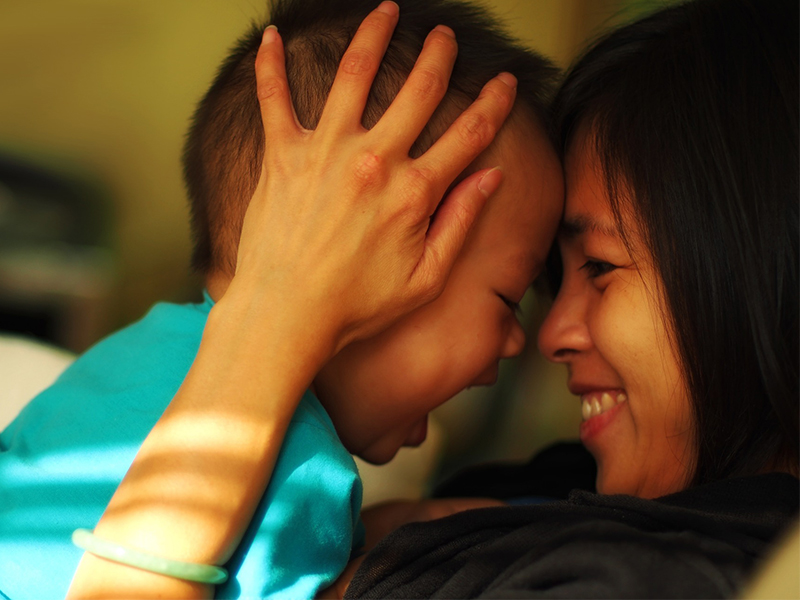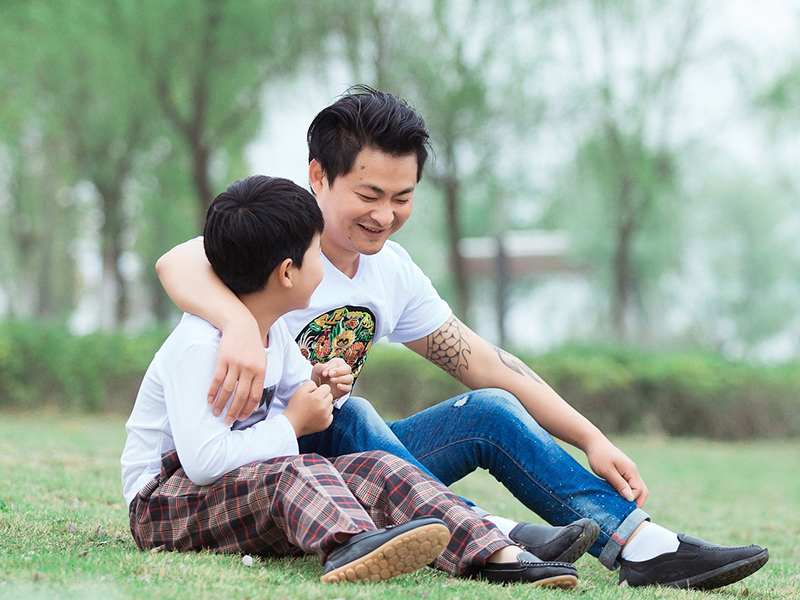Intergenerational Effects on Child Health and Development
The CAMP Lab is fortunate to be part of the Center for Integrative Research on Childhood Adversity (CIRCA), a federally funded CoBRE supporting research infrastructure in Oklahoma in partnership with the OSU Center for Health Sciences, the Hardesty Center for Clinical Research and Neuroscience, and the OU Integrative Immunology Center. CIRCA funds interdisciplinary and integrative research on the effects of childhood adversity on that can help inform the development of more effective and sustainable prevention and intervention strategies to interrupt the cycle of generational trauma and toxic stress. CIRCA was funded for an additional 5 years as a Phase 2 CoBRE through the National Institute of General Medical Sciences (NIGMS), P20GM109097.
Embrace
 As a CIRCA Phase 2 Research Project Leader (RPL), Dr. Ciciolla and the CAMP Lab are
working on the Epigenetics of Mother-Baby Reactivity and Childhood Experiences (EMBRACE) study. This study examines stress-related biological pathways during pregnancy and
postpartum to better understand the intergenerational impact of adverse childhood
experiences (ACEs) and adult attachment patterns on stress reactivity in early infancy.
This project aims to understand how genes, experiences, and development are linked
to lifelong outcomes and intergenerational health. Learn more here.
As a CIRCA Phase 2 Research Project Leader (RPL), Dr. Ciciolla and the CAMP Lab are
working on the Epigenetics of Mother-Baby Reactivity and Childhood Experiences (EMBRACE) study. This study examines stress-related biological pathways during pregnancy and
postpartum to better understand the intergenerational impact of adverse childhood
experiences (ACEs) and adult attachment patterns on stress reactivity in early infancy.
This project aims to understand how genes, experiences, and development are linked
to lifelong outcomes and intergenerational health. Learn more here.
SLMBR
Sleep & Mother Baby Regulation (SLMBR) was our CIRCA-funded pilot study funded through the Phase 1 CoBRE. Data collected through SLMBR helped us better understand how harmful childhood experiences and problems sleeping during pregnancy affect women’s physical and emotional health, as well as babies’ development and how well babies sleep.
HATCH
The CAMP Lab collaborated with Dr. Karina Shreffler on the Holistic Assessment of Tulsa’s Children’s Health (HATCH) project funded through the CIRCA Phase 1 CoBRE. The HATCH study examined how harmful childhood experiences affected perinatal outcomes and maternal and infant health during the first 18 months postpartum.
DADIO
 The CAMP Lab collaborated with Dr. Jennifer Byrd-Craven on the Dads and Development
of Infants in Oklahoma (DADIO) project, funded as a pilot project through the CIRCA Phase 1 CoBRE. DADIO sought
to understand how different caregivers, particularly fathers, influence infant development,
and how different physiological profiles (stress hormone levels) among family members
are related to infant development.
The CAMP Lab collaborated with Dr. Jennifer Byrd-Craven on the Dads and Development
of Infants in Oklahoma (DADIO) project, funded as a pilot project through the CIRCA Phase 1 CoBRE. DADIO sought
to understand how different caregivers, particularly fathers, influence infant development,
and how different physiological profiles (stress hormone levels) among family members
are related to infant development.
Highlights
- EMBRACE is now actively recruiting expecting mothers to participate in our research project! To learn more about EMBRACE or if you're interested in participating click here.
- Findings from the CIRCA Phase 1 SLMBR pilot project suggest maternal ACEs and sleep problems during pregnancy have long-term implications for infant negative reactivity.
- Data collected from the HATCH project showed that women with severe exposure to ACEs were four times more likely to report at least one adverse infant outcome.
